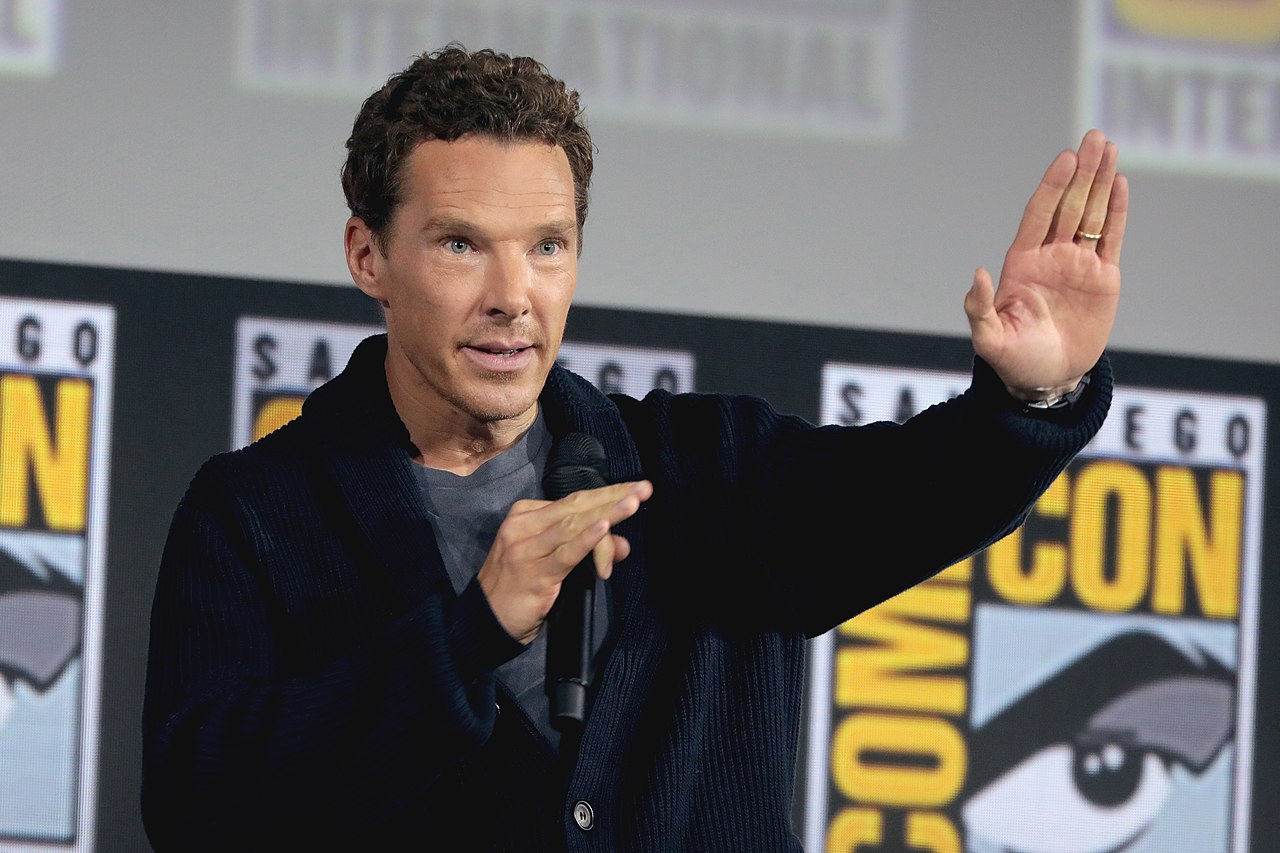The Brexit drama continues to rattle along, ever squirrelier. You can’t take your eyes away. How do they manage that?
I mean the actual politics, not last January’s BBC drama — Brexit, the Uncivil War — with Benedict Cumberbatch as Dominic Cummings, the genius behind it.
The trouble with dramatizations as a way to understand politics is that everything depends on the casting. (I’m looking at you, House of Cards.) With Cumberbatch as the strategist plotting the Leave campaign, how else would you dare explain its victory? He’s both Sherlock and Alan Turing. It’s him you can’t take your eyes off. Of course they voted to go. Ignore the fact that Leave only won by 51.9 per cent. With Sherlock in charge, it was inevitable.
Cummings is still in deep, he’s now chief adviser to Boris Johnson, and “strategized” the current Tory cock-up. Yet he still looks like Cumberbatch.
Drama always prefers having masterful figures in charge. It flatters everyone watching: maybe we too can determine our fates. Trump had Bannon. (Though, really, Trump was on track well before Bannon joined him. The zeitgeist was already on his side. But who can you cast as the zeitgeist?)
It’s why political leaders are normally more interesting in fiction than reality. A fictionalized Boris Johnson has to be more engaging than he really is, or who’d watch? It goes back to Shakespeare and figures like Prince Hal in Henry IV — what a shape-shifter! Or Hotspur — who’s even boring in the play, but no actor would leave it at that. They’ll find a way to make him gripping.
It’s true the Boris of (the film) Brexit is a buffoon but that’s because the hero has to be Cummings, since Cumberbatch plays him. There are occasionally actual leaders who are complex but most got there by not thinking too much and going with the flow; after they arrived, their minds sometimes began functioning. Most, though, stay gloriously uncomplex. Harry Truman said he never lost a night’s sleep over dropping nuclear bombs on two Japanese cities.
Honestly, you’re probably more interesting in politics when you lose. It makes you reflect on life’s foibles. Bob Rae was highly reflective after he’d given up on being premier of Ontario. Then he won a surprise election and dulled over. If you’d met Jagmeet Singh during his impeccable rise to NDP leader, you’d have seen a deeply uncurious person, full of his own inevitability. Maybe now he’s having darker, more intriguing thoughts.
Take a Canadian analog: the CBC’s worshipful film bio of Jack Layton after the former NDP leader’s death. In retrospect it got everything wrong: he didn’t pave the way to victory. He made all the wrong moves — toward the centre — and now it looks like his party will dwindle and vanish. It was crap hagiography — the way Cummings may well be (as Marina Hyde says) a crap Rasputin. Is he really Benedict Cumberbatch — or just Dean French?
In fact, current U.K. politics is less made for intense drama than light entertainment. Banter like Labour’s John McDonnell parrying BoJo’s bellows with, “The last time he shouted at someone, they had to call the police” — referencing Johnson’s loud row with his girlfriend. Or self-parodying Jacob Rees-Mogg lounging full length on the Commons front bench, having finally got there.
Sorry but I can’t join the applause for Dominic Barton as our new ambassador to China. He’s spent most of his career with the global consulting firm McKinsey. I find consulting a dubious realm, because it means nothing clear, particularly since the 1980s when it went kind of postal and anyone could call themselves one.
They’ve consulted on some serious corruption scandals in Barton’s years at or near the top, like bribes in India in 2006 and a whopper in South Africa in 2015 that the New York Times called their biggest mistake ever. Call me naive but I’m not sure this is the time for Liberals to dally with corruption matters.
I don’t mind the appointment as a barefaced calculation for dealing with China — who knows, officials there may have a weakness for well-spoken grifters. What bothers me more is the Liberals might be genuinely impressed by the guy. That would suggest, er, judgment issues.
Rick Salutin writes about current affairs and politics. This column was first published in the Toronto Star.




